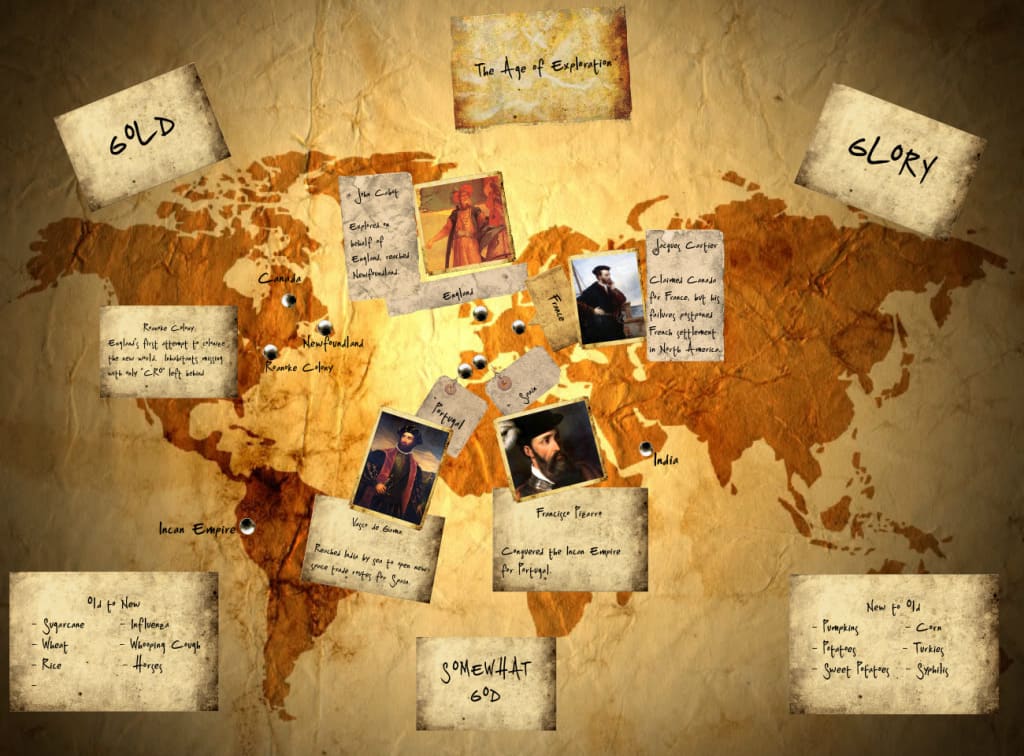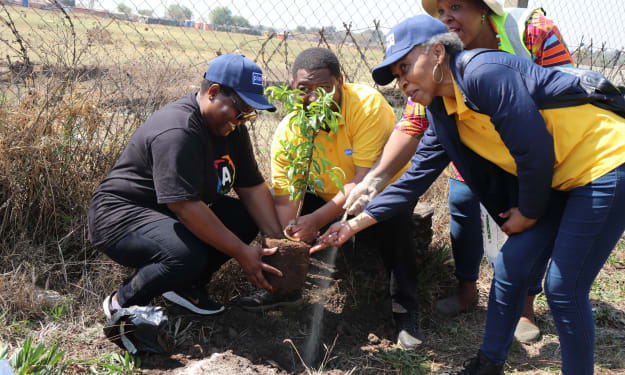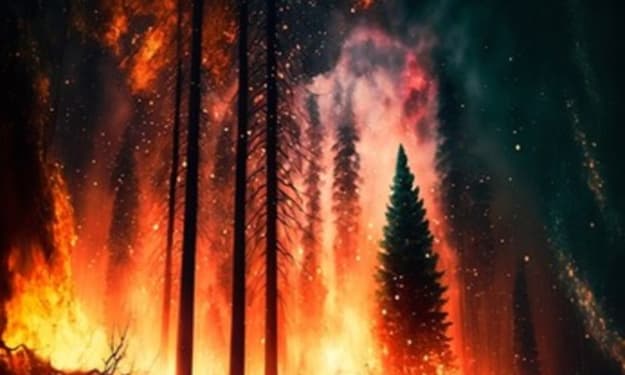Discovering the Last Frontier
A Journey Through Human Exploration

The vastness of our world today, with its seven-point-four billion inhabitants and sophisticated technologies like satellites and GPS, might lead one to think that every corner has been explored and mapped. However, rewind the clock back through history, and the Earth was a much larger and mysterious place, waiting to be uncovered by intrepid explorers. So, where and when was the last piece of land on Earth discovered by humans? Let’s embark on a journey through time, from the dawn of humanity to the exploration of the farthest reaches of our planet.
Human exploration likely began in earnest from Ethiopia around 195,000 BC, evidenced by the discovery of the oldest Homo sapiens fossils. From there, humans gradually spread across Africa, reaching modern-day Sudan by 140,000 - 160,000 years ago and the southern tip of Africa by 125,000 years ago. Around the same time, early humans crossed the sea into Arabia (modern-day Yemen) and eventually ventured into Israel by 100,000 years ago, and Oman by 75,000 - 125,000 years ago.
The quest for discovery continued unabated. By 70,000 years ago, humans had arrived in India, marking their presence in South Asia. A significant leap occurred around 67,000 years ago when humans first set foot in the Philippines, signaling the first human presence in Oceania. Meanwhile, around 50,000 years ago, humans reached both Taiwan and Australia, with the latter remaining virtually isolated from the rest of the world until 1770, when Captain James Cook stumbled upon its shores.
The narrative of human exploration unfolds with astonishing detail across the millennia. Japan was settled approximately 47,000 years ago, followed by Laos and Indonesia around 46,000 years ago. Humans eventually made their way to Europe, arriving in Greece around 45,000 years ago, marking their first appearance on the European continent. Notably, North America was first settled between 25,000 to 40,000 years ago, with migrations across a land bridge that once connected Asia and North America.
Fast forward to the great age of European exploration, which ushered in a new era of discovery. The Portuguese were among the first to reach several islands previously unseen by human eyes, including Madeira in 1420, the Azores in 1439, and Cape Verde in 1462. Similarly, the Spanish landed on the Bonin Islands south of Japan in 1543, marking their arrival in the Pacific.
As exploration intensified, so did the discoveries. Svalbard, a remote archipelago above the Arctic Circle, remained untouched until an English whaler first landed there in 1604. Similarly, Bermuda was discovered by shipwrecked Englishmen in 1609, and Mauritius by the Dutch in 1638, forever altering the course of these islands' history.
The discovery of new lands continued well into the 18th and 19th centuries, with explorers from various nations leaving their mark on previously uncharted territories. Tristan da Cunha was discovered by the Dutch in 1643, the Falkland Islands by the English in 1690, and Hawaii by James Cook in 1778, highlighting the expansive spirit of exploration that defined these centuries.
However, one landmass stood unconquered by human exploration until relatively recent times—the seventh continent, Antarctica. Despite being sighted in 1820 by a Russian expedition, Antarctica wasn’t officially landed upon until 1895, when a Norwegian team finally set foot on its icy shores. This monumental achievement marked the culmination of centuries of human exploration, covering every piece of land on our planet from the ancient past to the brink of modernity.
Reflecting on this journey through human history, it becomes clear that the spirit of exploration is ingrained deeply within us. From the cradle of humanity in Africa to the farthest reaches of Antarctica, humans have continuously pushed the boundaries of discovery, driven by curiosity, courage, and the pursuit of knowledge.
Today, as we look back on these remarkable feats of exploration, we celebrate the courage and resilience of those who ventured into the unknown, expanding our understanding of the world and ourselves. The story of human exploration is not merely a tale of geographical discovery but a testament to the indomitable human spirit that propels us ever forward, seeking new horizons and uncovering the mysteries of our planet.
In conclusion, while our world may seem small and interconnected today, it is important to remember the vastness of our planet's history and the countless discoveries that shaped it. The quest for exploration continues, fueled by the same curiosity and determination that led our ancestors to discover the last frontiers of Earth.
About the Creator
Enjoyed the story? Support the Creator.
Subscribe for free to receive all their stories in your feed.





Comments
There are no comments for this story
Be the first to respond and start the conversation.